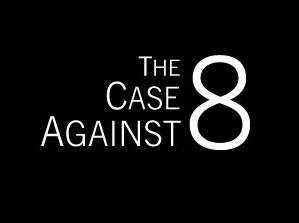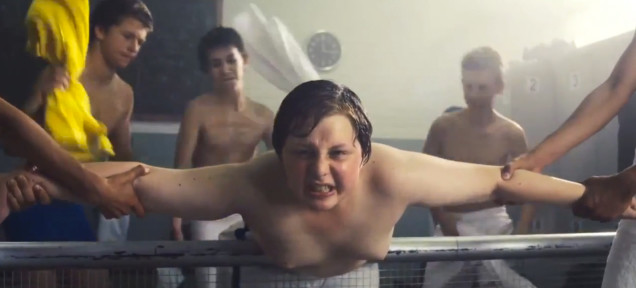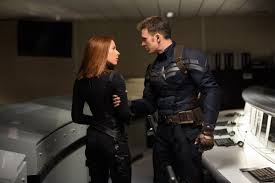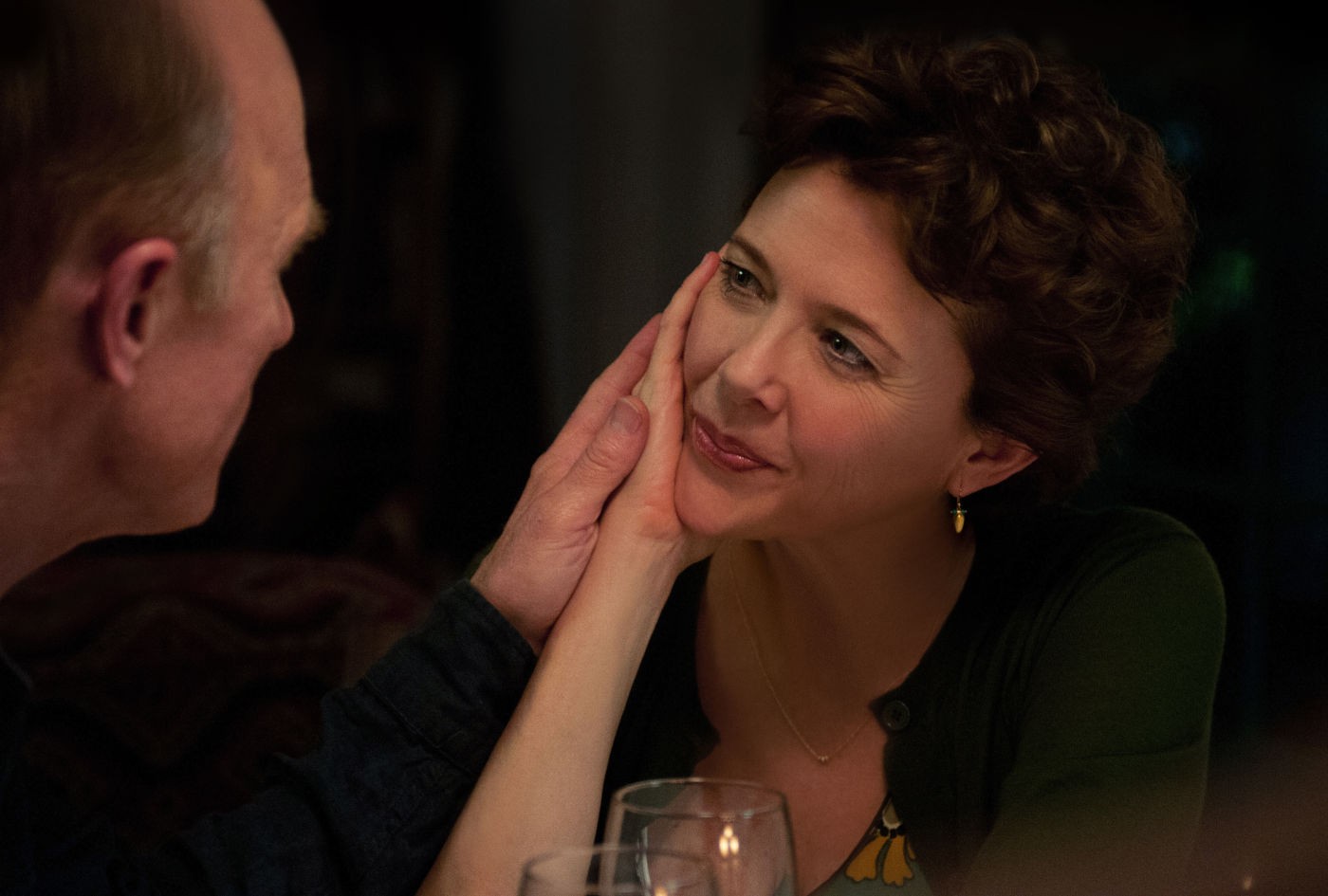I have seen the ten documentaries in competition at RiverRun this year. Overall, this is another strong program in the category, and here are my picks in order.
The Case Against 8 (109 minutes). This is an informative and, frankly, thrilling look behind the scenes look at the legal case mounted to overturn California’s ban on same sex marriage. I remember when the unlikely pairing of Ted Olson and David Boies (who squared off on opposite sides of Bush v. Gore) hit the news and couldn’t believe that Olson was part of the team arguing this case. I was a little confounded at the time, but it was a brilliant move. The two couples at the center of the case are engaging, and moments they share on camera are profoundly touching. HBO plans to release the film in theaters on June 6 before its cable premiere on June 23, but you can see it first here.

The Kill Team (79 minutes). I continue to thank RiverRun for bringing the Danish film Armadillo to town several years ago (Armadillo is the film I wanted Restrepo to be), and The Kill Team ranks up there for me with Armadillo and The Tillman Story as documentaries that explore the human side of war when the heroic image of the people engaged in combat (presented by people who benefit from the enterprise) collides with the tedium and sometimes the ugliness that can prevail. This is the heartbreaking story of a young enlisted man who tries to alert authorities about war crimes in Afghanistan. Don’t miss this film to get a side of the story you won’t see explored in this detail or over time on the evening news.
Marmato (87 minutes). Think Harlan County U.S.A. set in Colombia with multinational corporations in the role of heavy. This is a fascinating look over nearly six years at the dramatic changes in a small town and its traditional way of life when corporate interests conflict with local interests. If you didn’t know that Colombia is the center of a contemporary, global gold rush (and I did not), this is an eye-opening film.
A Fragile Trust: Plagiarism, Power, and Jayson Blair at the New York Times (75 minutes). I have emailed every journalism professor I know urging him and her to take students to see this film. While I remember Blair’s story fairly well, many if not most of them will not know him, and this film skillfully engages viewers no matter how much or how little they know about Blair’s pathological lying and how it all unraveled. Even now, the story is just incredible. How did this happen? How could Blair have gone unchecked for so long? Highly recommended.
Bending Steel (93 minutes). Maybe my attention span is shortening. It seems to me that 75-minutes would play better than for this story, but Bending Steel does reward the viewer with a delightful pay-off. Except for seeing Sandow the Strong man in an old Edison short from around the turn of the century, my knowledge of old-time strong men is nil, and — if it were possible – my knowledge of the modern day version would be less. That’s not an impediment to appreciating Bending Steel because this is a very touching story about one man’s journey to find acceptance and appreciation internally and externally by training and performing in the style of historic strongmen. There are moments in this film that you will not soon forget.
Song From The Forest (98 minutes). If only this film were as remarkable as the story it tells. An American man falls in love with the music of the Bayaka pygmies in central Africa. He decides to stay and make a life in the jungle recording music, marrying, and having a child. The film focusing on his life in Africa after 25-years and a trip he makes to New York with his 13-year-old son who has never been outside of his home. There is so much more I wanted to know about Louis Sarno than this film conveys, but it is still worth a look.
Manakamana (118 minutes). This type of observational documentary edges into experimental territory that most viewers will not enjoy, but I commend RiverRun for bringing films to the festival that push the stylistic envelop. Described as a work of “sensory ethnography” in the program, the film documents ten cable car trips high in the mountains of Nepal where visitors are going to visit the Manakamana Temple. In structure and tone, Manakamana reminds me of Nenette, a portrait of a 40-year-old orangutan in display in Paris that focuses on Nenette while obscuring various narrators from zookeepers to visitors of all ages. I also thought of another recent RiverRun film, Sophia’s Last Ambulance that focused on the faces of a group of Bulgarian EMTs on the job. These limited perspectives force viewers to think about subjects in a new way, though sometimes I appreciate the intent of the filmmakers more than enjoy the actual films.
Whitey: The United States of America v. James J. Bulger (129 minutes). There are probably details in the film that even those who have followed the Whitey Bulger story closely don’t recall, but the film feels very long, though – fortunately – not as repetitive as the typical Dateline NBC or CBS 48 Hours true crime drama.
Mundial: The Highest Stakes (95 minutes). The weaving of a great sports story (Poland qualifying for the 1982 World Cup) and one of the most important political upheavals in Eastern Europe (Solidarity!) is important but involves too many narrators and too many overt stylistic devices to develop a central narrative that viewers can grasp easily unless they bring into the viewing some context for the central events.
Expedition to the End of the World (90 minutes). I wanted Chasing Ice, a film I still think about often (and one that gives me yet another opportunity to thank RiverRun for premiering in the Triad!). Instead, I am left searching for a story. Greenland is lovely in its way, but that is not enough to make up for the fact that there is no central narrative that pulls this film together as it glances off glaciers and topics as disparate as climate change, art, and existential angst.




